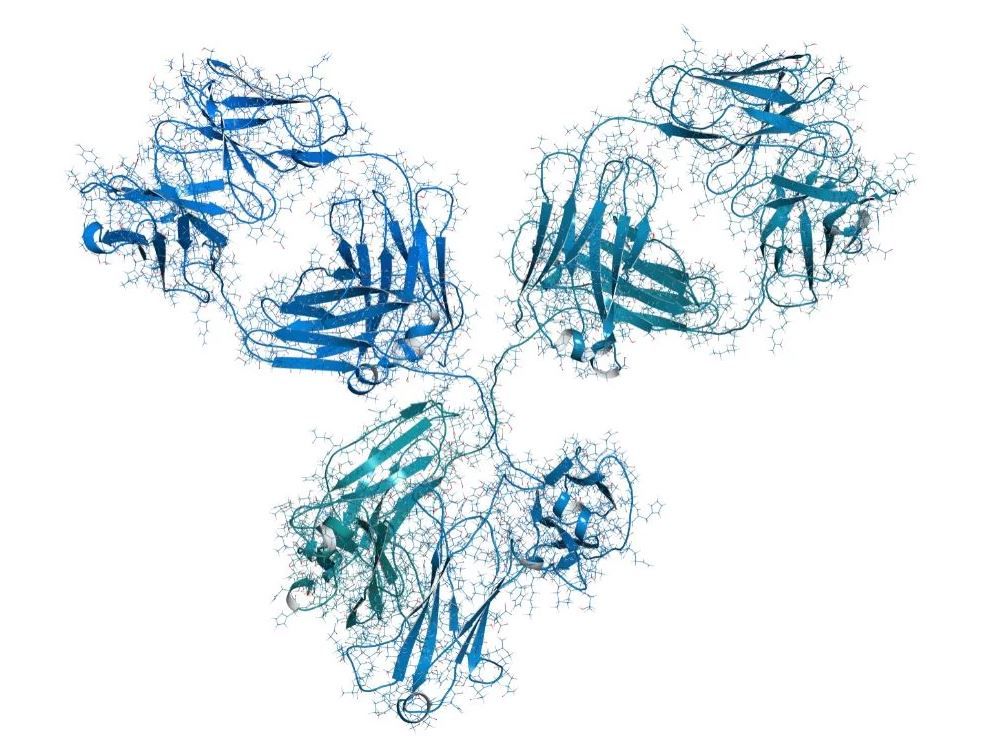- Clinical Technology
- Adult Immunization
- Hepatology
- Pediatric Immunization
- Screening
- Psychiatry
- Allergy
- Women's Health
- Cardiology
- Pediatrics
- Dermatology
- Endocrinology
- Pain Management
- Gastroenterology
- Infectious Disease
- Obesity Medicine
- Rheumatology
- Nephrology
- Neurology
- Pulmonology
Tezepelumab Found Effective in Reducing Exacerbations in Moderate-to-Severe, Uncontrolled Asthma
©molekuul/stock.adobe.com

Tezepelumab was linked to a 79% decrease in the annualized rate of exacerbations that required hospitalization, or an emergency department (ED) visit compared with placebo in a new post hoc analysis of the phase 2b PATHWAY and phase 3 NAVIGATOR trial.
The findings will be presented at the 2022 annual meeting of the American Academy of Allergy, Asthma & Immunology (AAAAI), February 25-28, 2022.
Researchers aimed to evaluate the efficacy of tezepelumab with increased precision in subgroups of participants with moderate-to-severe, uncontrolled asthma from the PATHWAY and NAVIGATOR clinical trials. These trials were multicenter, randomized, double-blind, placebo-controlled studies with similar designs.
The current pooled analysis included participants with moderate-to-severe, uncontrolled asthma receiving either tezepelumab 210 mg or placebo subcutaneously every 4 weeks for 52 weeks. The primary endpoint was the annualized asthma exacerbation rate (AAER) over 52 weeks.
A total of 1334 patients were included in the analysis, of whom 665 were in the tezepelumab arm and 669 in the placebo arm.
Compared with placebo, investigators found that tezepelumab reduced the AAER by:
- 60% (95% confidence interval [CI], 52-66) overall.
- 48% (95% CI, 26-64) and 63% (95% CI, 54-70) in patients with baseline blood eosinophil counts <150 cells/µL and ≥50 cells/µL (assessed centrally), respectively.
- 40% (95% CI, 21-54) and 70% (95% CI, 62-76) in those with baseline FeNO levels <25 ppb and ≥25 ppb, respectively.
- 62% (95% CI, 53-70) and 54% (95% CI, 38-66) in those who were positive or negative for allergy to perennial aeroallergens, respectively.
Among all participants included in the analysis, tezepelumab reduced the annualized rate of exacerbations that required hospitalization or an ED visit by 79% compared with placebo (95% CI, 65-87). Safety findings were similar between the tezepelumab and placebo cohorts, according to the study abstract.
“Tezepelumab reduced exacerbations in a broad population of patients with moderate-to severe, uncontrolled asthma, and substantially reduced exacerbations that required hospitalization or an emergency department visit versus placebo,” concluded authors.
Reference: Ambrose C, Menzies-Gow A, Cook B, et al. Efficacy of tezepelumab in patients with moderate-to-severe, uncontrolled asthma: A pooled analysis of the phase 2b PATHWAY and phase 3 NAVIGATOR studies. Journal of Allergy and Clinical Immunology. 2022;149:AB16. Published online ahead of print. DOI:https://doi.org/10.1016/j.jaci.2021.12.088.
Kymera's Oral STAT6 Degrader KT-621 Shows Biologic-Like Activity in Early Atopic Dermatitis Trial
December 8th 2025KT-621 achieved deep STAT6 degradation and strong 4-week EASI and itch reductions, offering a potential new oral option for moderate–severe AD and other Th2 inflammation-driven disease.
